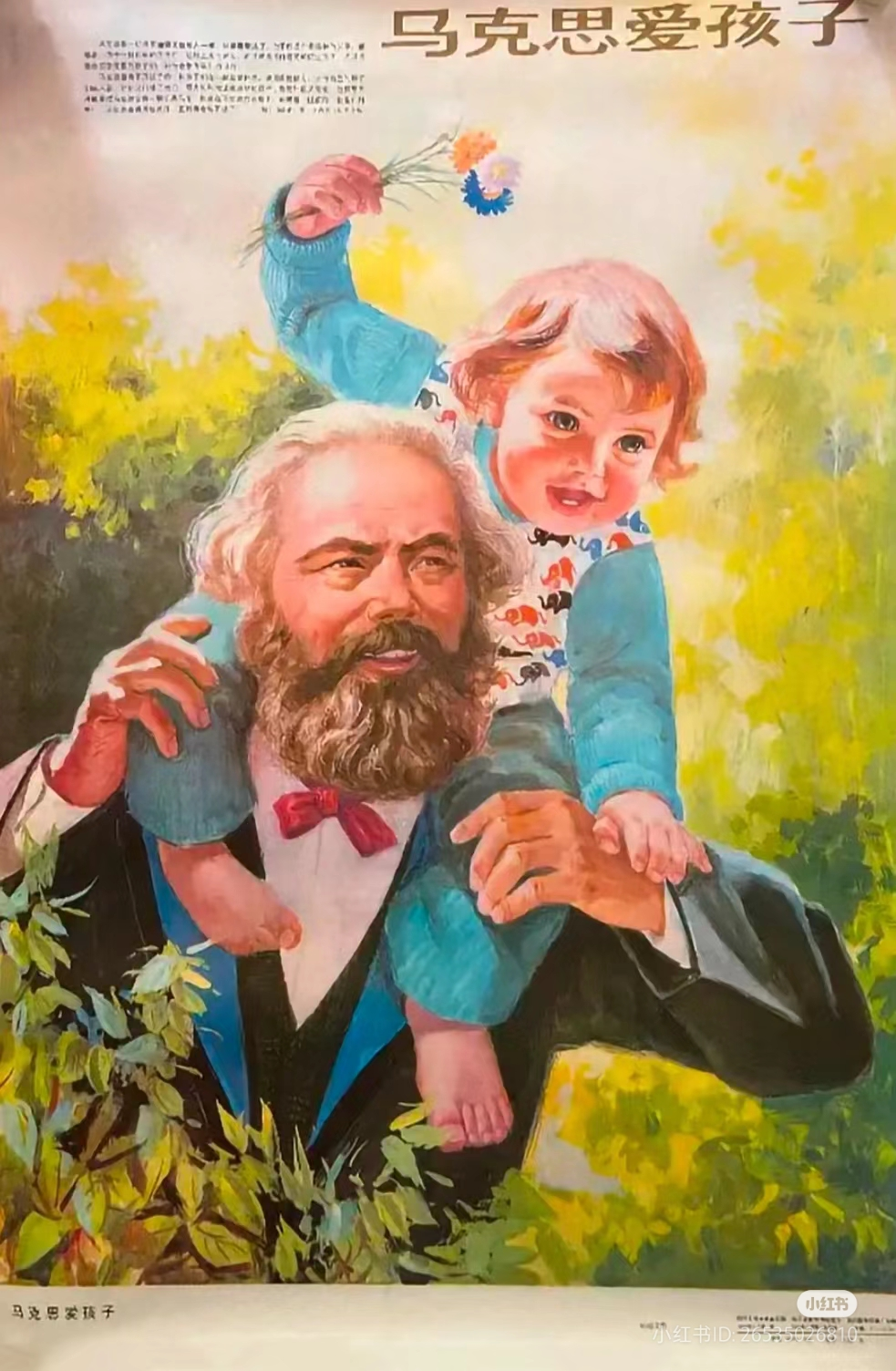A few weeks ago I disposed of the last of my 3yo’s heart medication. They don’t take anymore. I mean my partner and I haven’t given it to them in two years. It’s no longer part of their treatment. Their treatment plan, in fact, ended about two years ago. For all intends and purposes they have a clean bill of health. But the medication has been sitting in the back of the fridge, like a splitter that was never pulled out.
The liquid medication, Amiodarone, is a thick syrupy elixir. Our pharmacist said it was okay to dilute and flush it, which seemed uh…not good for the environment. Amiodarone is hard enough on the human body. When they were taking it, our then 8 month old couldn’t go out in the direct sunlight for more than a few minutes for risk of sun poisoning. Among other side effects to their eyes and liver. It is potent and costly and, given to an infant, inevitably ends up on your couch. Can’t imagine what it might do to a river system.
Our 3yo’s next cardiology appointment is in a year. After that it might be two years. Then maybe not again until they’re a teenager. My partner and I always talk about getting rid of the Amio. That it’s just a reminder of our trauma, not theirs. They don’t have any memory of it. We’ve never wanted our 3yo to grow up with a sense that they’re meek and fragile. That their defining characteristic is some event that happened to them before they could remember anything. They know they went to the hospital, they know they had a sick heart. More importantly they now that dozens of doctors and nurses worked tirelessly to heal them. Sure, they know these things and act differently. They play doctor differently than other kids, insisting on blood pressure cuffs and echocardiograms. That’s what their cardiologist does. They wear a mask with us to the store, are aware of people who are sick, wash their hands regularly. My partner and I sometimes wonder what unknown traumas they endure. It’d be unfair of us to carry on a token from back then in our fridge.
We’d long since taken down the milestone ECG charts from the cork board. The NG tubes are tucked into a box with other hospital memories. We’ve stored all the photos from the hospital, all the ones from immediately before and after, on a shared drive. There are some hand-me-downs our 1yo never wore, some toys they’ll never play with because those are hospital toys. All those reminders, big and small, are just as compartmentalized as the trauma in our minds. Therapy and consoling each other when we remember helps too of course. But the Amio stayed in the fridge and became almost like a background texture.
I consulted a friend with knowledge about drug disposals. They suggested soaking charcoal with the medication and burning it in a container. Then dispose of the container and the ashes. I wanted to do that. But I didn’t have time. That is to say that I did actually have time. Plenty of time. Two years and more of time. It could have waited in our fridge longer. I could have incinerated it and done something with the ashes, like incorporating them into ceramic glaze or something, anything to hold onto it. But I put it in the medication drop off bin at the pharmacy. It was unceremonious. And I felt guilty.
Sometimes I worry that around a corner or behind a door I’ll be back there, in the hospital. Machines and doctors and nurses and monitors and that jeering noise the monitors make when a heart rate is too fast. And my baby, ashen and unmoving, blanketed in wires and tubes, is still there in the past. Where did it all go?

